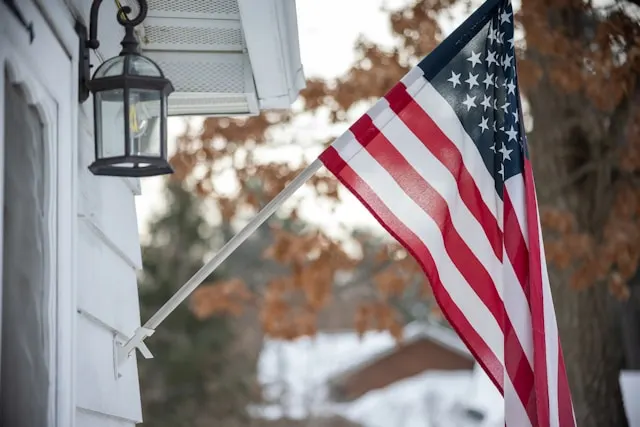PROTECT YOUR DNA WITH QUANTUM TECHNOLOGY
Orgo-Life the new way to the future Advertising by Adpathway(Analysis) São Paulo Governor Tarcísio de Freitas has received indications from close political circles that former President Jair Bolsonaro is willing to back him as a presidential candidate in Brazil’s 2026 election.
Michelle Bolsonaro, the former first lady, is considered a potential vice-presidential pick. Senior officials within the São Paulo administration and multiple party insiders confirmed this information.
Their confirmation highlights the ongoing search for a new leader on Brazil’s political right, as Bolsonaro remains barred from running for office until 2030 due to a court ruling over alleged abuse of power during his presidency.
Despite these signals, Tarcísio has publicly stated his intention to seek re-election as governor.
At a recent business summit in New York, he reaffirmed his focus on São Paulo and ruled out a presidential run, stating, “I will stay in São Paulo.”
Still, political pressure grows for him to step onto the national stage, especially as Bolsonaro’s legal troubles and ineligibility create a leadership vacuum.
Bolsonaro, meanwhile, continues to insist publicly that he will run in 2026, even though the electoral court has barred him.
Within Bolsonaro’s party and among key allies, debate continues over who should carry the right-wing banner.
 Tarcísio Gains Momentum With Bolsonaro’s Endorsement and Michelle’s Rising Political Profile
Tarcísio Gains Momentum With Bolsonaro’s Endorsement and Michelle’s Rising Political ProfileTarcísio Gains Momentum With Bolsonaro’s Endorsement and Michelle’s Rising Political Profile
Some party leaders and members of the influential Centrão bloc view Michelle Bolsonaro as the preferred successor, citing her strong support among evangelical voters and her growing independent political profile.
Michelle, who now leads the Liberal Party’s women’s wing, has traveled to all 27 Brazilian states since 2023.
She is building her own political base and managing key family and party matters, especially during Bolsonaro’s recent hospitalizations.
Tarcísio, a former infrastructure minister with a technocratic reputation, enjoys high approval ratings in São Paulo, with a recent poll showing 66.9% approval and only 27.5% disapproval.
His pragmatic approach and moderate tone appeal to business and centrist voters, but some Bolsonaro loyalists remain skeptical, seeing him as less committed to the core values of “Bolsonarismo.”
Recent opinion polls show Tarcísio and Michelle as the leading right-wing contenders for 2026, both trailing President Lula da Silva in first-round scenarios but closing the gap in potential runoffs.
Bolsonaro’s Ongoing Legal Battlest
For example, a Datafolha poll in June 2025 showed Lula with 37% and Tarcísio with 21% in the first round, while in a runoff, Lula led Tarcísio by just one point, 43% to 42%.
These numbers highlight the competitiveness of the race and the lack of a clear right-wing frontrunner.
Bolsonaro’s indecision and ongoing legal battles have stalled the right’s ability to unite behind a single candidate.
From Words to Deeds: Unraveling Bolsonaro’s Legal Fight
His public statements continue to cast doubt on the legitimacy of his exclusion from the race, while private discussions focus on maximizing the party’s influence in Congress, especially the Senate.
Bolsonaro hopes to secure a majority through strategic endorsements, possibly including family members as candidates. The business community closely watches these developments.
Tarcísio’s market-friendly reputation and Michelle’s broad appeal could signal stability or volatility, depending on how the right consolidates its leadership.
The outcome will shape Brazil’s policy direction, economic environment, and political alliances for years to come.


 3 weeks ago
12
3 weeks ago
12










 English (US) ·
English (US) ·  French (CA) ·
French (CA) ·  French (FR) ·
French (FR) ·